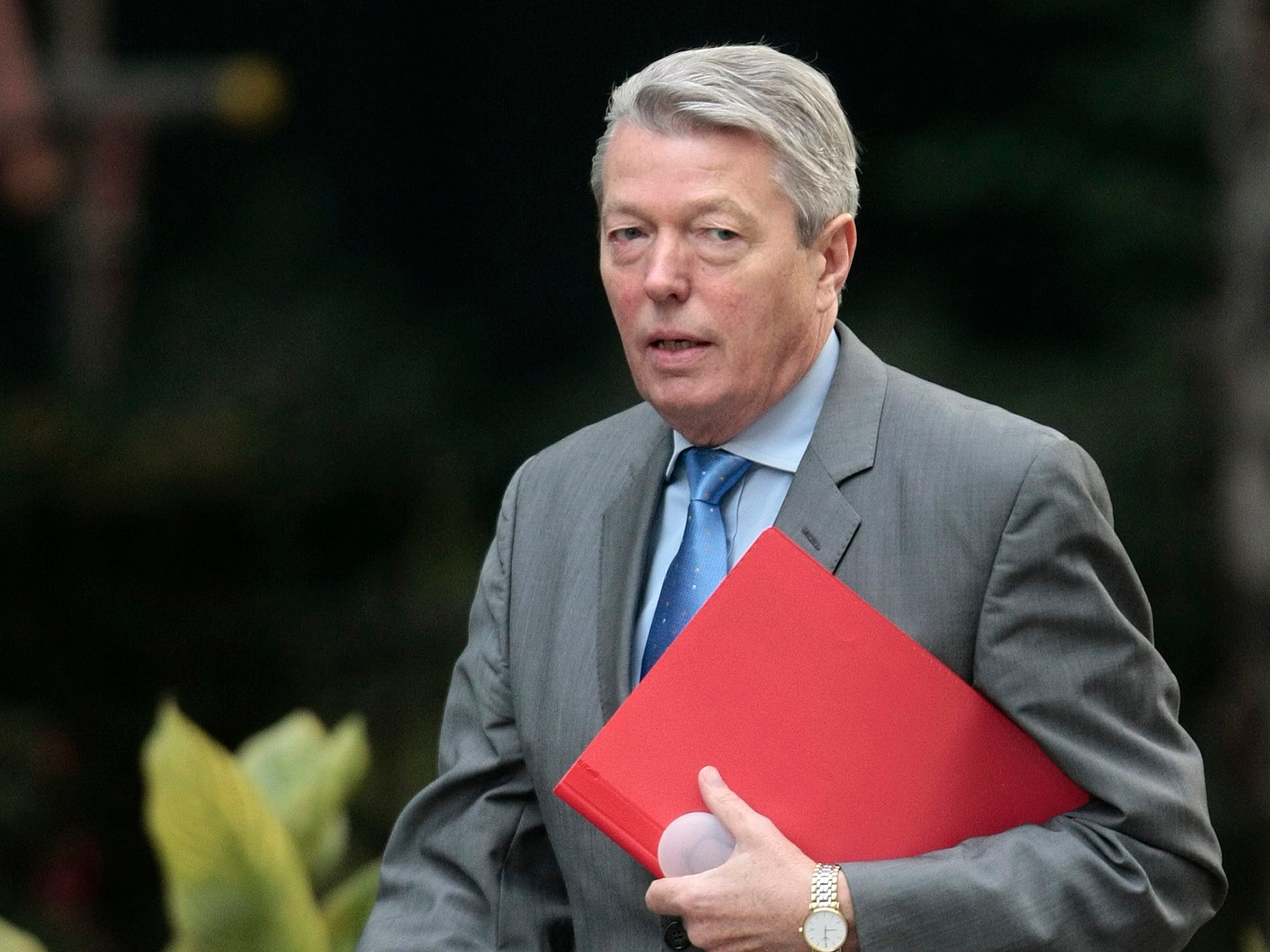Labour should campaign to stay in the EU even if David Cameron negotiates away British workers’ rights that come with membership of it, a senior Labour politician has said.
Former Home Secretary Alan Johnson criticised a previous suggestion by his party leader Jeremy Corbyn that Labour should wait to see whether the prime minister’s package was acceptable.
“Even if [David Cameron] did come back with a package that interferes with workers’ rights we don’t get rid of the EU, we get rid of the Tories,” he told a fringe meeting at Labour party conference.
“For those colleagues, trade unionists, who raise the understandable concern that if he touches the social chapter, the European Working Time directive, the protection for workers – then he will have a bigger job in getting a yes vote.”
The Prime Minister has said he will renegotiate Britain’s terms of membership with the European Union and then hold a referendum on membership before 2017.
Mr Cameron has said he wants to change welfare and migration rules, and it has previously been reported that workers’ rights enshrined in European Union law could be the target of new opt-outs.
During the Labour leadership election Mr Corbyn hinted that he would adopt a “wait-and-see” approach to European Union membership, conditional on the content of Mr Cameron’s officer.
The Labour leader has previously spoken out against elements of the European Union and was opposed to its founding Maastricht Treaty.
However, since becoming leader his has softened his position, telling the BBC he did could not see Labour campaigning to leave the EU.
Mr Johnson, an MP on the centrist wing of the Labour party, told his audience that waiting for the offer to become known before deciding whether to support it or not was “the unprincipled route to this referendum”.
“People say to me we’re signing a blank cheque … the British people won’t be asked to vote on Cameron’s package, they’ll be asked to vote in or out of Europe. We have to remember that,” he argued.
Mr Cameron’s agenda got a boost late last week after the French economy minister Emanual Macron said on a visit to London that his government would consider allowing change to the EU’s fundamental treaties at the request of the UK.
There are still significant hurdles to such amendments, however. Other countries remain hostile to some of the measures David Cameron is proposing and would be unlikely to ratify changes that went against their interests.
Additionally, some European countries are keen to avoid treaty change because of the existence of constitutional clauses that would require automatic referenda to ratify changes.
Mr Cameron conceded in June that it was unlikely that any treaty amendments could be implemented before Britain’s plebiscite, his original plan.
Mr Cameron has at times struggled to find allies in Europe. Sweden’s ideologically similar centre-right government, formerly the Tories’ closest partner, was ejected from office in last year’s elections.
The PM has yet to produce total agreement with other states over major changes.
Subscribe to Independent Premium to bookmark this article
Want to bookmark your favourite articles and stories to read or reference later? Start your Independent Premium subscription today.


Join our commenting forum
Join thought-provoking conversations, follow other Independent readers and see their replies